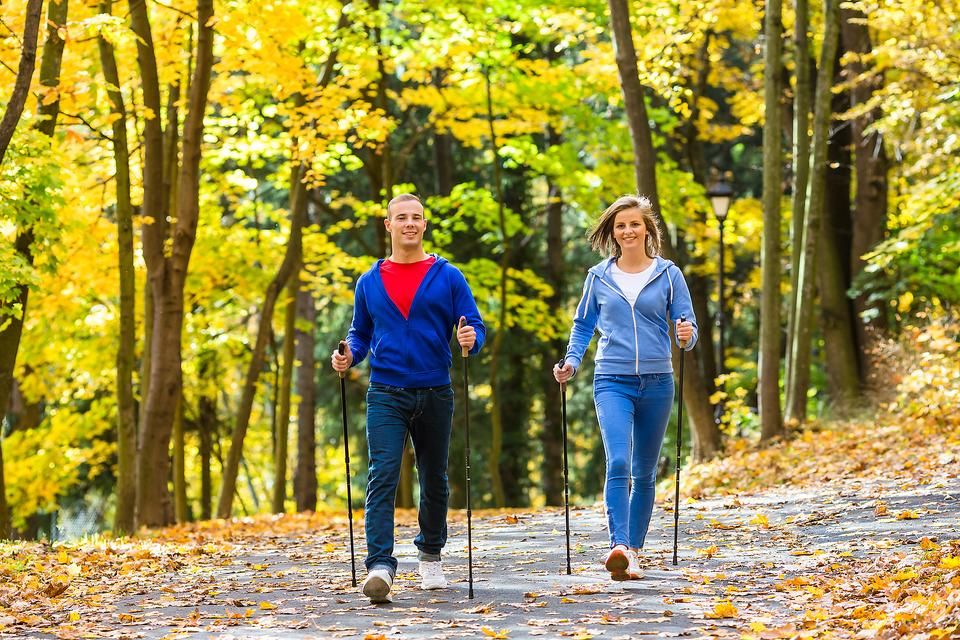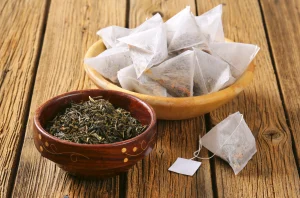Genes, a healthy lifestyle, and physical exercise all have a positive impact on health and longevity. However, researchers at Harvard have discovered a completely different factor that appears to significantly extend our lives.
Living a long life and staying as healthy as possible is a dream for many people. It is now known that, in addition to genes, lifestyle factors such as a healthy diet, sufficient physical activity, and good social connections play a role.
Researchers at the T.H. Chan School of Public Health at Harvard have also investigated the link between longevity and gratitude for the first time.

Gratitude reduces the risk of death by 9 percent
For the study, the researchers used data from the Nurses’ Health Study (a study involving 49,275 nurses). Their average age was 79. In 2016, participants completed questionnaires on gratitude. They could score points for agreeing or disagreeing with certain statements, such as:
- I have something to be grateful for in my life.
- If I had to list everything I am grateful for, the list would be very long.
The second study was conducted in 2019, by which time 4,608 participants had died — most often from cardiovascular disease.
Based on the data collected, the researchers were able to determine that those who scored high on the gratitude factor experienced
- 9 percent
and had a lower risk of death compared to participants who felt little gratitude in their lives. “Gratitude appears to protect against all causes of death, but most often from cardiovascular disease,” the university said in a press release.
Gratitude can have a positive impact on the longevity of older people

“Previous studies have shown a link between gratitude and a reduced risk of psychological stress, as well as higher emotional and social well-being. However, the link to physical health is less well known,” said lead author Yin Chen.
“Our study provides the first empirical evidence on this topic and suggests that feelings of gratitude may increase longevity in older adults,” the researcher continued.
These are the positive effects of gratitude in everyday life.
Gratitude is therefore a powerful tool that has a positive impact on our well-being and, consequently, on our lifespan. As psychologist and FOCUS-online expert Ilona Buergel explains, gratitude is the awareness of how good life is for us and a feeling that can be clearly located in the heart. According to gratitude researcher Robert Emmons, there are nine obvious effects of gratitude in everyday life:
1. Gratitude is a focus on the good things in life.
No matter how many difficulties we experience, we see many useful, beautiful, and pleasant things in life.
2. Gratitude improves social relationships
because we realize how well other people treat us.
3. We focus on the present.
The brain needs variety and adapts quickly to circumstances. That is why we too quickly take the pleasant things in life for granted.
4. Gratitude prevents negative feelings
We cannot be angry, jealous, and grateful at the same time.
5. We become more resilient to stress.
Gratitude allows us to view difficult situations in a broader context and thus see them in perspective. It also allows us to recover quickly.
6. Self-esteem increases.
When we feel that other people are doing something good for us, it means that they are investing in us. This can help develop your own sense of worthiness.
7. Health benefits
Gratitude strengthens the immune system, we perceive pain less intensely, blood pressure drops, and sleep improves.
8. Good attracts good.
A grateful view of the good things in life allows us to notice them more and more and thus continuously increase our well-being.
9. Grateful people are helpful people.
This is because the joy we feel when something good happens to us increases our willingness to do good ourselves.
Five simple exercises for practicing gratitude
But gratitude is not a natural state, as the brain happily focuses on problems. To be grateful, you need to take time and focus, says Bürgel. Following the ideas of Rhonda Byrne and positive psychology, she recommends several proven and simple exercises:
1. Daily gratitude journal.
Write down three things you are grateful for each evening and why.
2. Morning gratitude ritual
Start your morning by reflecting on what you are grateful for today.
3. 100 steps of gratitude.
Repeat “thank you” over and over again for 100 steps.
4. Gratitude for what we are allowed to give.
Look at what you learn or how much joy you get from helping others.
5. Celebrate the good life.
Celebrate even the little things you are grateful for to enhance the impact.

































